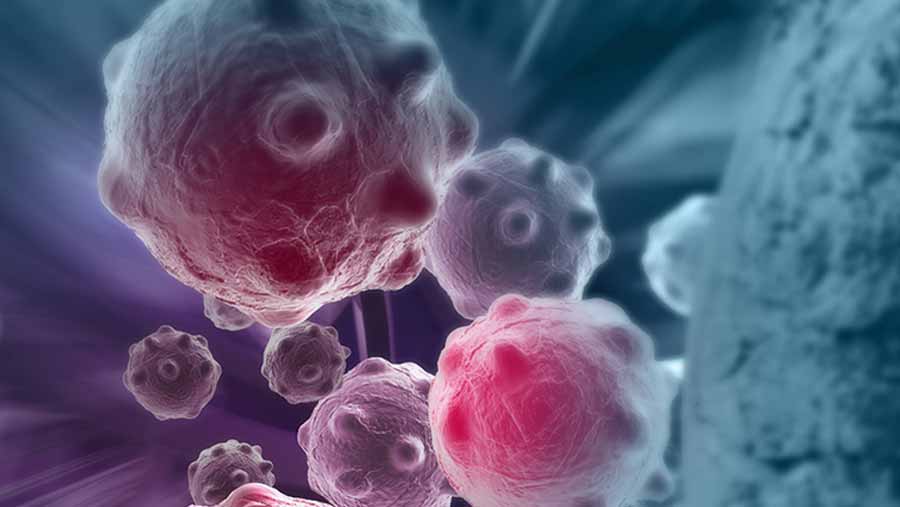


British and American scientists are teaming up to search for the earliest signs of cancer in a bid to detect and treat the disease before it emerges. They plan to "give birth" to cancer in the lab to see exactly what it looks like "on day one".
It is just one of the research priorities of the new International Alliance for Cancer Early Detection. Working together on early detection of cancer will mean patients benefitting more quickly, it says.
Cancer Research UK has teamed up with the Universities of Cambridge, Manchester, University College London, and Stanford and Oregon in the US, to share ideas, technology and expertise in this area.
Together, the scientists are aiming to develop less invasive tests, such as blood, breath and urine tests, for monitoring high-risk patients, improve imaging techniques for detecting cancer early and look for virtually undetectable signs of the disease.
But they admit this is "like looking for a needle in a haystack" and could be 30 years off.
"The fundamental problem is that we never get to see a cancer being born in a human being," says Dr David Crosby, head of early detection research at Cancer Research UK.
"By the time it's found, it's already established."
Researchers from Manchester, for example, are growing human breast tissue in the lab with synthetic immune cells to see if they can spot the very earliest, subtle changes that could lead to cancer.
Prof Rob Bristow said it was akin to a "living tissue bank outside patients".
Yet there is always the danger of over-diagnosis, because not all early cell changes turn into cancers.
So the cancer researchers say they must be more precise, also looking at the genes people are born with and the environment they grow up in, to work out an individual's unique personal risk of different cancers.
Only then will they know when to intervene.
- Source: BBC News